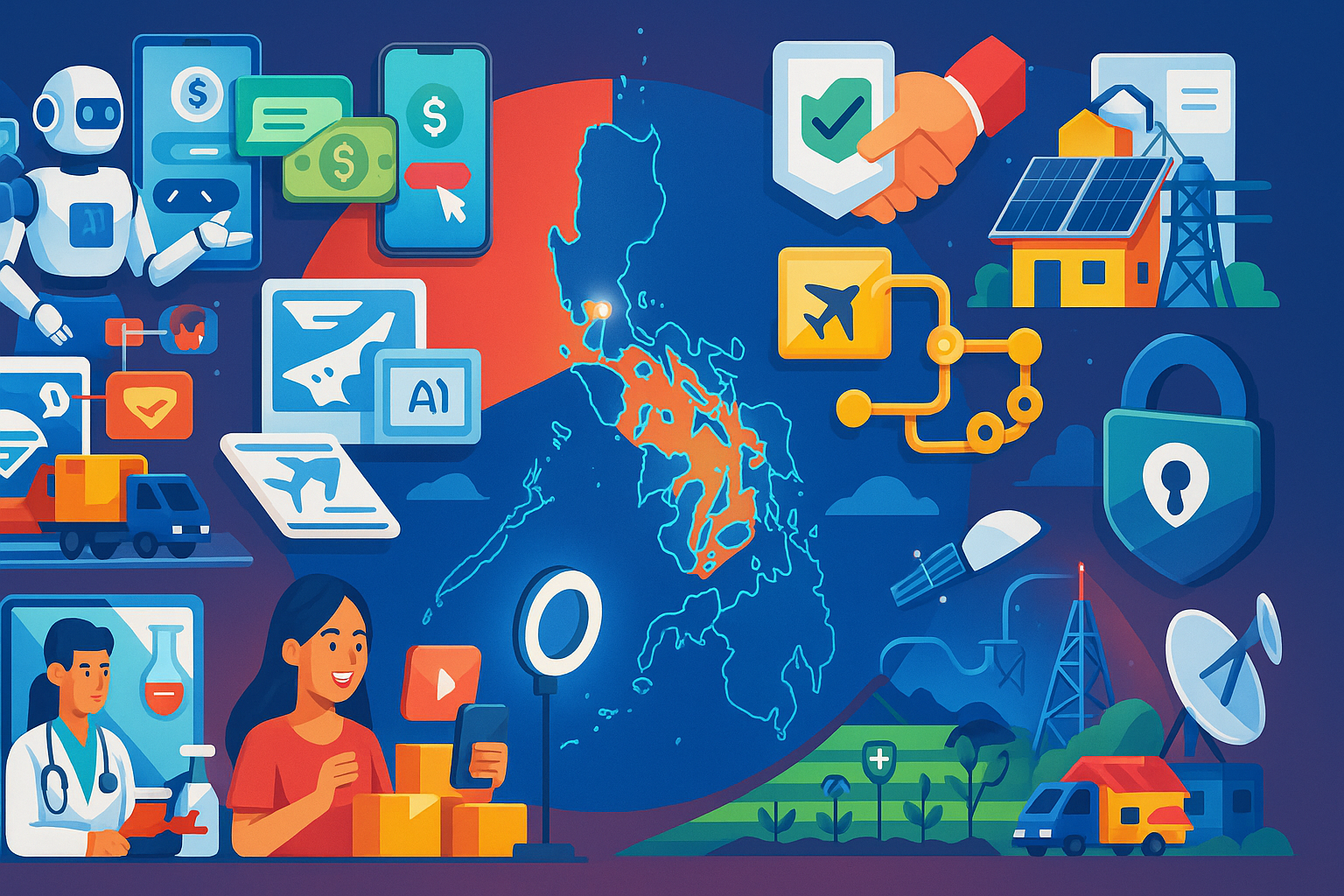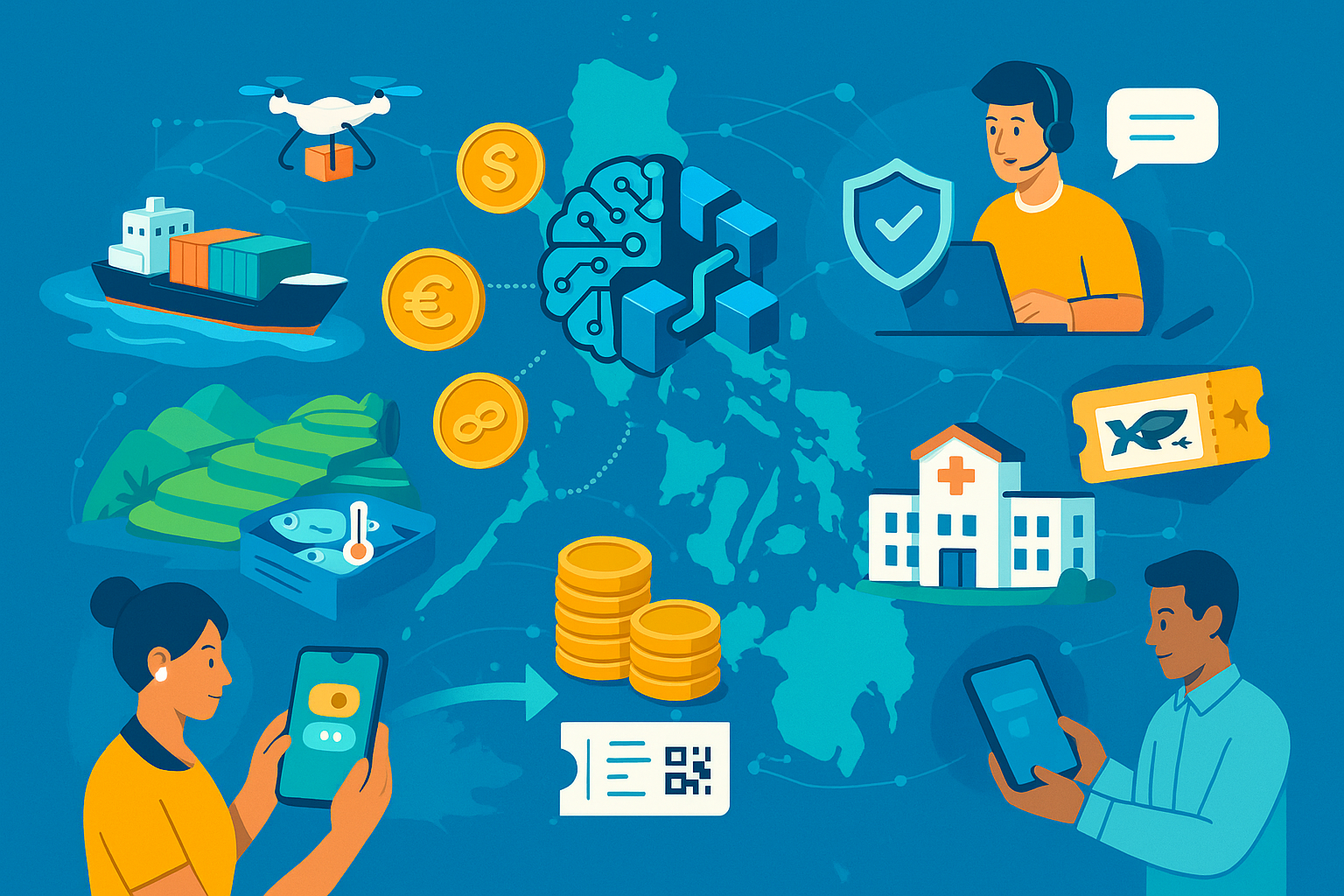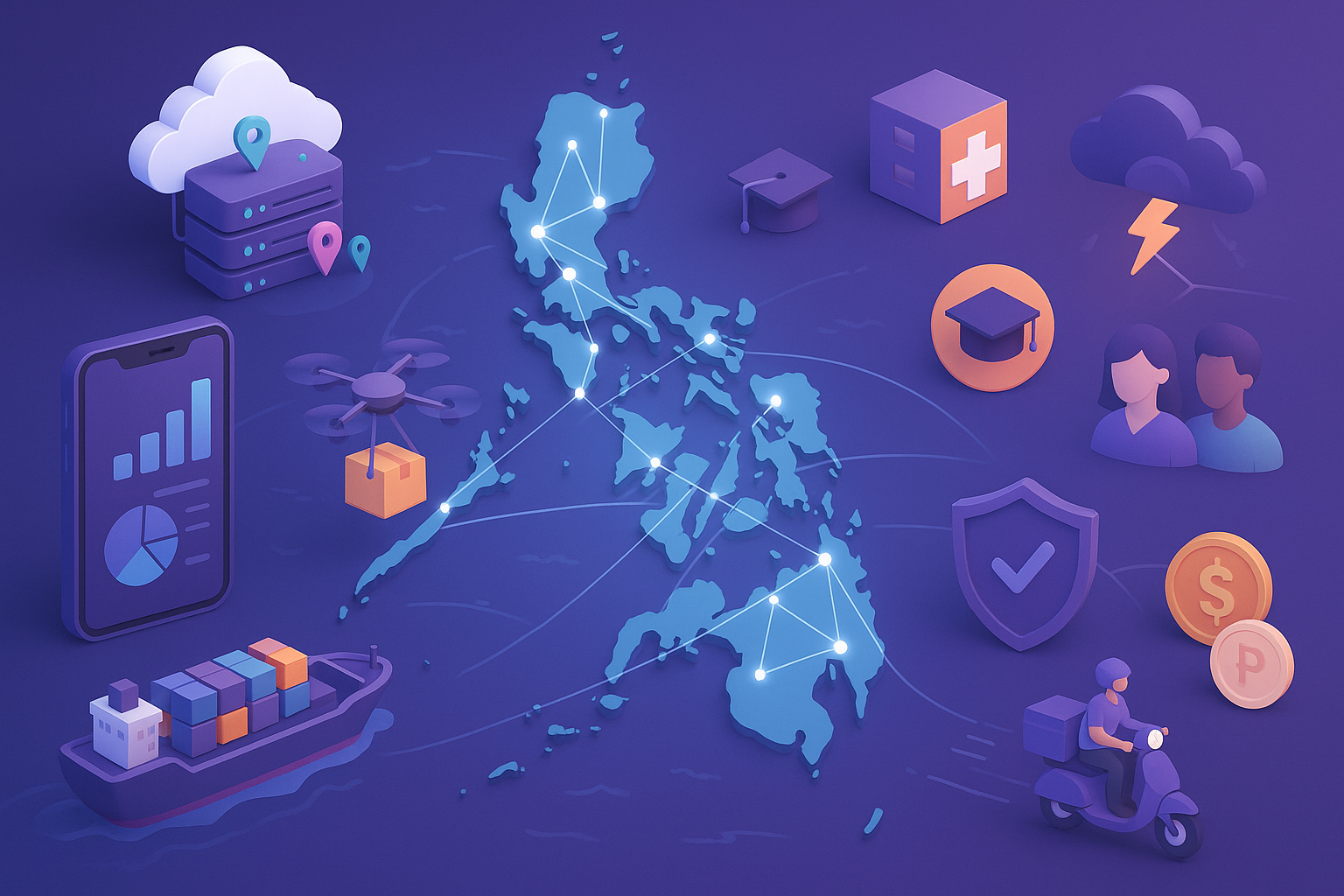The technology industry in the Philippines has seen rapid growth in recent years, positioning the country as a key player in the Southeast Asian tech landscape. With a young, tech-savvy population and a strong demand for digital solutions, the Philippine tech sector is experiencing transformative changes. Several factors contribute to this growth, including advancements in infrastructure, government initiatives, and increasing investments in local startups.
One significant trend is the rise of digital services. E-commerce platforms like Lazada and Shopee are flourishing as more Filipinos turn to online shopping due to increased internet penetration. The surge in mobile internet usage has also facilitated the growth of fintech services. Companies like PayMaya and GCash are revolutionizing how people conduct financial transactions, making banking services more accessible to millions of Filipinos, particularly those in rural areas where traditional banking infrastructure is limited.
Another area seeing rapid development is the software development and IT outsourcing industry. The Philippines has long been known for its strength in business process outsourcing (BPO), and now it is becoming a hub for software development and innovation. Filipino software engineers and developers are working on creating innovative solutions for industries like healthcare, education, and logistics.
The Philippine government has also played a significant role in fostering growth. Programs such as the “Digital Transformation Program” aim to create a digital ecosystem that supports startups and facilitates the growth of high-tech industries. Additionally, tax incentives and other support mechanisms have attracted foreign investments, bringing cutting-edge technologies into the country.
Furthermore, the Philippine tech scene is witnessing an influx of new technologies like artificial intelligence (AI) and blockchain. Local startups are incorporating AI into business models to optimize processes, from customer service to data analytics. Blockchain technology, on the other hand, is gaining traction in sectors like real estate and finance, with many startups exploring how decentralized systems can streamline transactions.
In conclusion, the Philippine technology industry is poised for further growth, driven by advancements in digital services, government support, and the adoption of emerging technologies. With a strong talent pool and a growing market, the country is well on its way to becoming a regional leader in the tech space.













